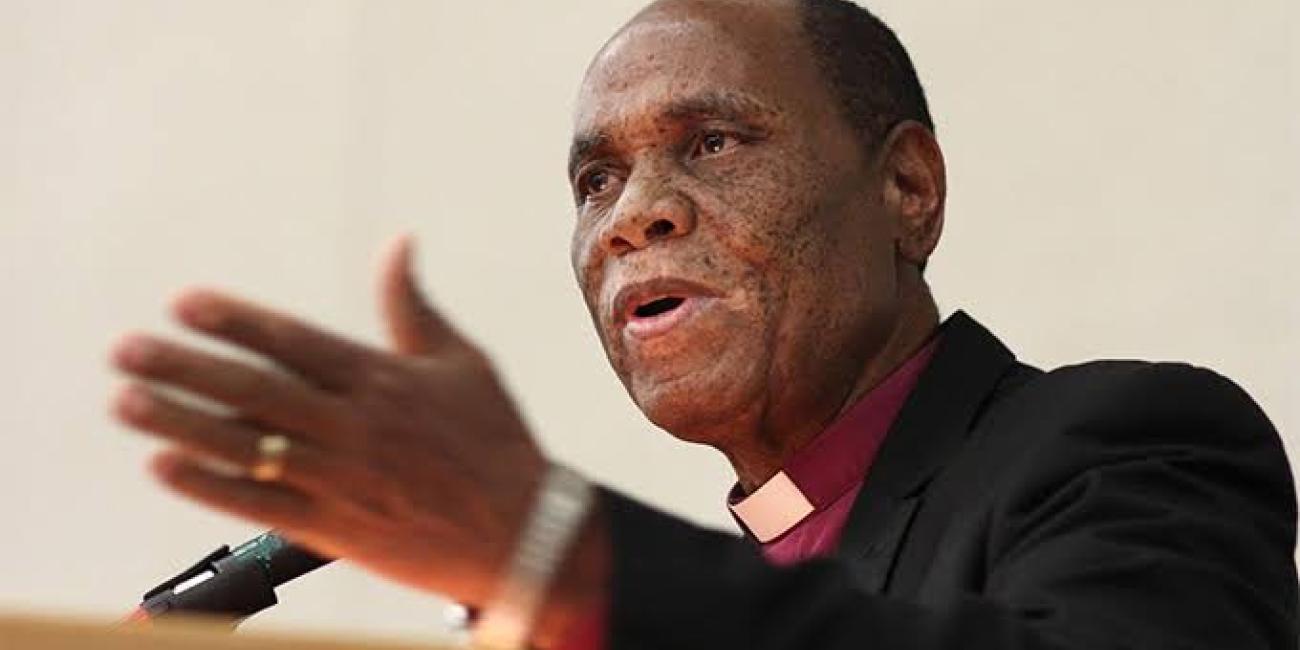
Bishop Eben Nhiwatiwa of the United Methodist Church was detained by Nigerian immigration authorities after entering the country with allegedly invalid travel documents. The incident took place in Yola, the capital of Adamawa State, where the bishop was reportedly taken into custody on August 23, 2024.
According to the Nigeria Immigration Service (NIS), Bishop Nhiwatiwa entered Nigeria on August 21, 2024, using a visit visa instead of the required religious visa. He had come to oversee the election of a new bishop for the Nigerian chapter of the United Methodist Church, following the resignation of Bishop John Wesley Yohanna. However, the immigration authorities stated that the bishop’s visa did not permit him to perform religious duties, which led to his detention.
Adamawa State Comptroller of Immigration, Ibrahim Mohammed, clarified that Bishop Nhiwatiwa was arrested for conducting religious activities with a visit visa. Mohammed explained that the bishop needed a religious visa to legally perform such duties in Nigeria.
Compounding the issue, it was reported that the church election Bishop Nhiwatiwa was supervising was for a faction within the United Methodist Church that supports same-sex marriage. This aspect raised further concerns since Nigeria has strict laws against same-sex marriage, which could have contributed to the immigration authorities’ decision to detain the bishop.
After his detention in Yola, Bishop Nhiwatiwa was held at the Yola Immigration office before being moved to Abuja on August 24, 2024, where he was placed under custody at the Immigration Headquarters. The Zimbabwean ambassador to Nigeria was reportedly surprised to learn that the bishop had entered the country on a visit visa.
The situation appears to be linked to internal power struggles within the United Methodist Church in Nigeria, with some suggesting that the former bishop might be involved in orchestrating Nhiwatiwa’s detention to maintain control over church assets and delay the election process.
The case has drawn attention due to its implications, both within the church and in relation to Nigeria’s stance on LGBTQ+ issues. The NIS also mentioned that recent increases in passport fees were necessary to enhance the security features of Nigerian passports
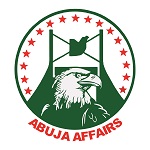
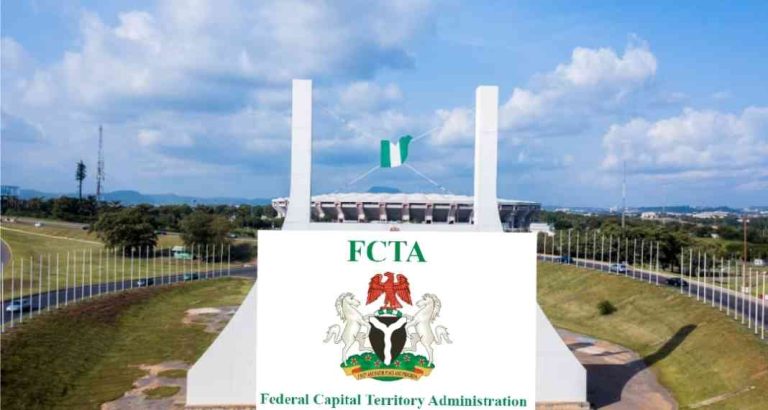
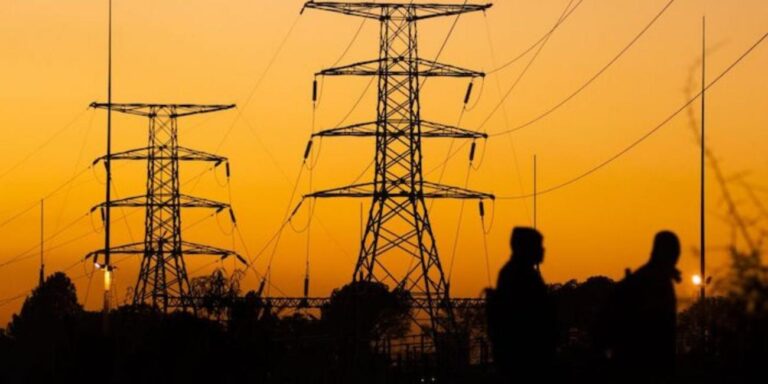
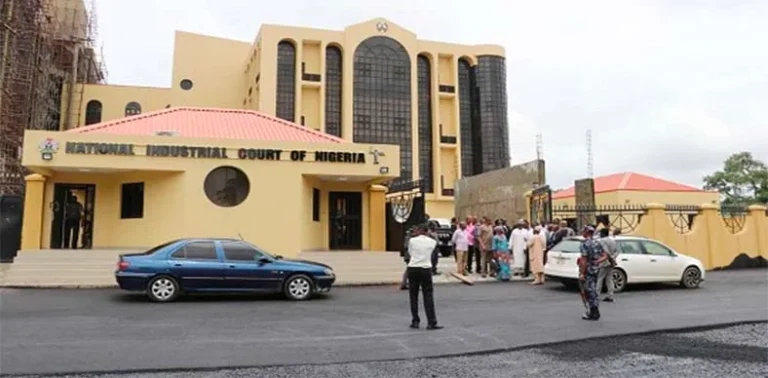
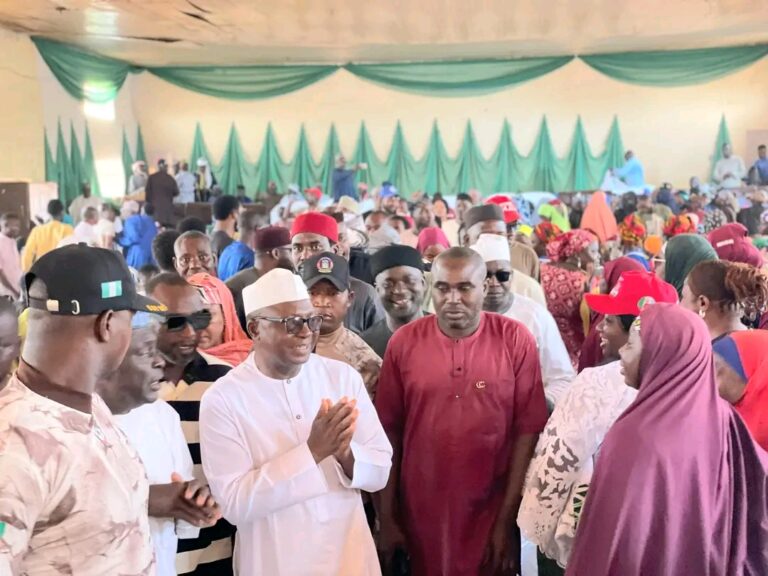
Your article helped me a lot, is there any more related content? Thanks! https://www.binance.info/ph/register?ref=IU36GZC4
Can you be more specific about the content of your article? After reading it, I still have some doubts. Hope you can help me. https://accounts.binance.com/hu/register?ref=IQY5TET4
Your article helped me a lot, is there any more related content? Thanks! https://www.binance.info/register?ref=IHJUI7TF